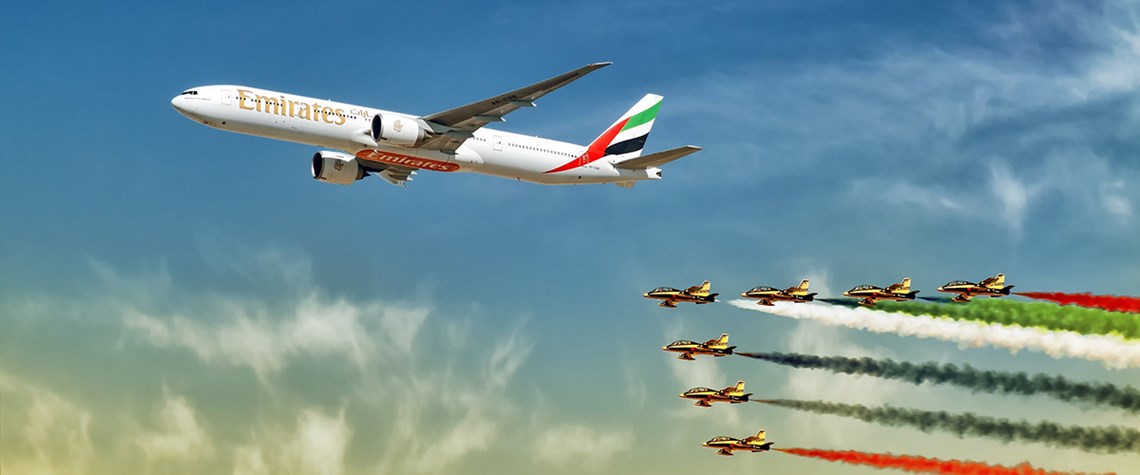Many wings over the Gulf
The GCC/Qatar crisis is only the latest and most serious case of Gulf oil producers putting sovereignty above regional integration
There was a day when Gulf Air—tayran al-khalij in Arabic, which literally means 'the airline of the Gulf'—was just that. Or nearly. In the final decades of the last century, Gulf Air was a joint venture involving the governments of Bahrain, Abu Dhabi, Oman and Qatar. Not a bad base to build on. The formation of the Gulf Cooperation Council (GCC) in 1980 had led to hopes that the national airlines of Kuwait and Saudi Arabia would come under the Gulf Air umbrella—providing an obvious early success story for the new regional grouping of oil producers. Not only did those two states fail to sign up, but over the space of a few years Qatar, Abu Dhabi and Oman pulled out of the joint venture, leavi

Also in this section
18 February 2026
With Texas LNG approaching financial close, Alaska LNG advancing towards a phased buildout and Magnolia LNG positioned for future optionality, Glenfarne CEO Brendan Duval says the coming year will demonstrate how the company’s more focused, owner-operator approach is reshaping LNG infrastructure development in the North America
18 February 2026
The global gas industry is no longer on the backfoot, hesitantly justifying the value of its product, but has greater confidence in gas remaining a core part of the global energy mix for decades
18 February 2026
With marketable supply unlikely to grow significantly and limited scope for pipeline imports, Brazil is expected to continue relying on LNG to cover supply shortfalls, Ieda Gomes, senior adviser of Brazilian thinktank FGV Energia,
tells Petroleum Economist
17 February 2026
The 25th WPC Energy Congress, taking place in Riyadh, Saudi Arabia from 26–30 April 2026, will bring together leaders from the political, industrial, financial and technology sectors under the unifying theme “Pathways to an Energy Future for All”







